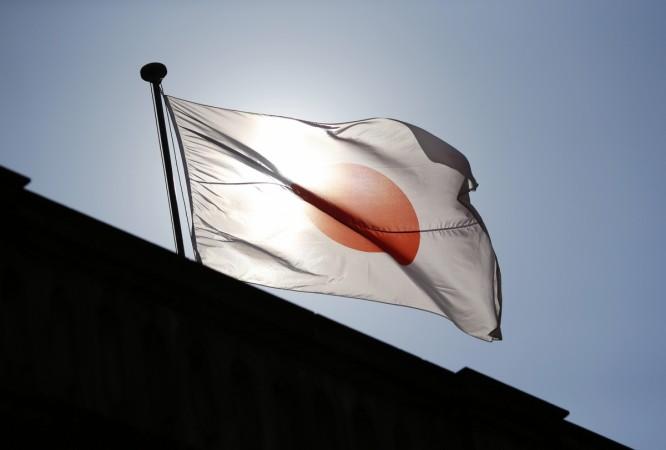Reserve Bank of India (RBI) Governor Raghuram Rajan on Wednesday came under increasing pressure from members of Parliament to lower interest rates that would improve credit off-take and spur economic growth.

Rajan, who assumed office last September, has been firm on his position that interest rate cut would not be possible till inflation is brought under control.
Inflation was reigning high till a few months ago but has been declining consistently since the Modi government came to power, leading to a clamour among stakeholders that interest rates need to be cut.
The MPs said that with inflation under control, it's time to bring down interest rates that would increase retail borrowings that would entail reduced equated-monthly instalment's, or EMIs. The Union Finance Minister agreed with them but left it to the RBI's discretion, reported Economic Times.
"I am sure that the authorities who are competent to deal with it are fully seized of this view notwithstanding the balancing exercise between inflation management and growth which they have to do," said Jaitley, in response to Saugata Ray, TMC MP during a discussion in the Parliament.
Political parties found common ground to address the structural conditions in the economy. The Finance Minister agreed with Ray on the need to bring down rates to boost retail borrowings to increase domestic consumption, and for the corporate industry to benefit from lower cost of funds to enable investments in capacity expansion.
Ray sought to know why despite the WPI index falling to 2.82 percent, there has been no rate cut. He pointed out to the continued slowdown in manufacturing. The Congress' Veerappa Moily charged the government with being insensitive to the problems of agriculturalists, industry and the manufacturing sector.
The RBI governor holds the responsibility to balance growth and inflation. While his independence is guaranteed by statutes in the constitutional act; he does face increasing pressure from all stakeholders on monetary policy.
It is to Rajan's credit that he has not wavered from his goal to tame inflation, and in that, has been successful. The very voices calling for rate cut now are able to do so only because of his sustained efforts in ensuring that inflation falls to manageable levels.
Moily said that economic conditions have turned "mature," making rate cut non-negotiable. He pointed out to rate cuts in China and Japan, along with others.
However Japan's central bank cut rates in the hope to influence "inflation." The island nation has refused to let go of its persisting deflation, irrespective of various changes to economic stimulus plans.

The mid-quarterly review held on December 2, saw the RBI maintain rates. While inflation has come down, a pickup in crude prices would again spike it up.
The central bank has chosen to see whether the falling trend in retail inflation is sustained. If it feels confident, the bank could cut rate immediately, even before the next mid-quarterly review to be held in February next year.
In a related development, banks, both public and private sector, have already cut their term deposit rates, and are awaiting signal to also bring down the base rate, on RBI's moves.








![India Auto Roundup: Maruti Suzuki, Mahindra have exciting launches in November [details here]](https://data1.ibtimes.co.in/en/full/805520/india-auto-roundup-maruti-suzuki-mahindra-have-exciting-launches-november-details-here.jpg?w=220&h=138)








